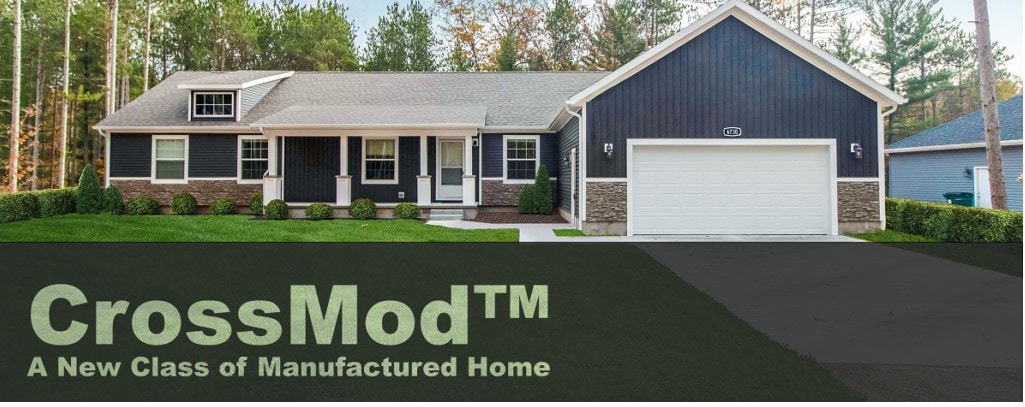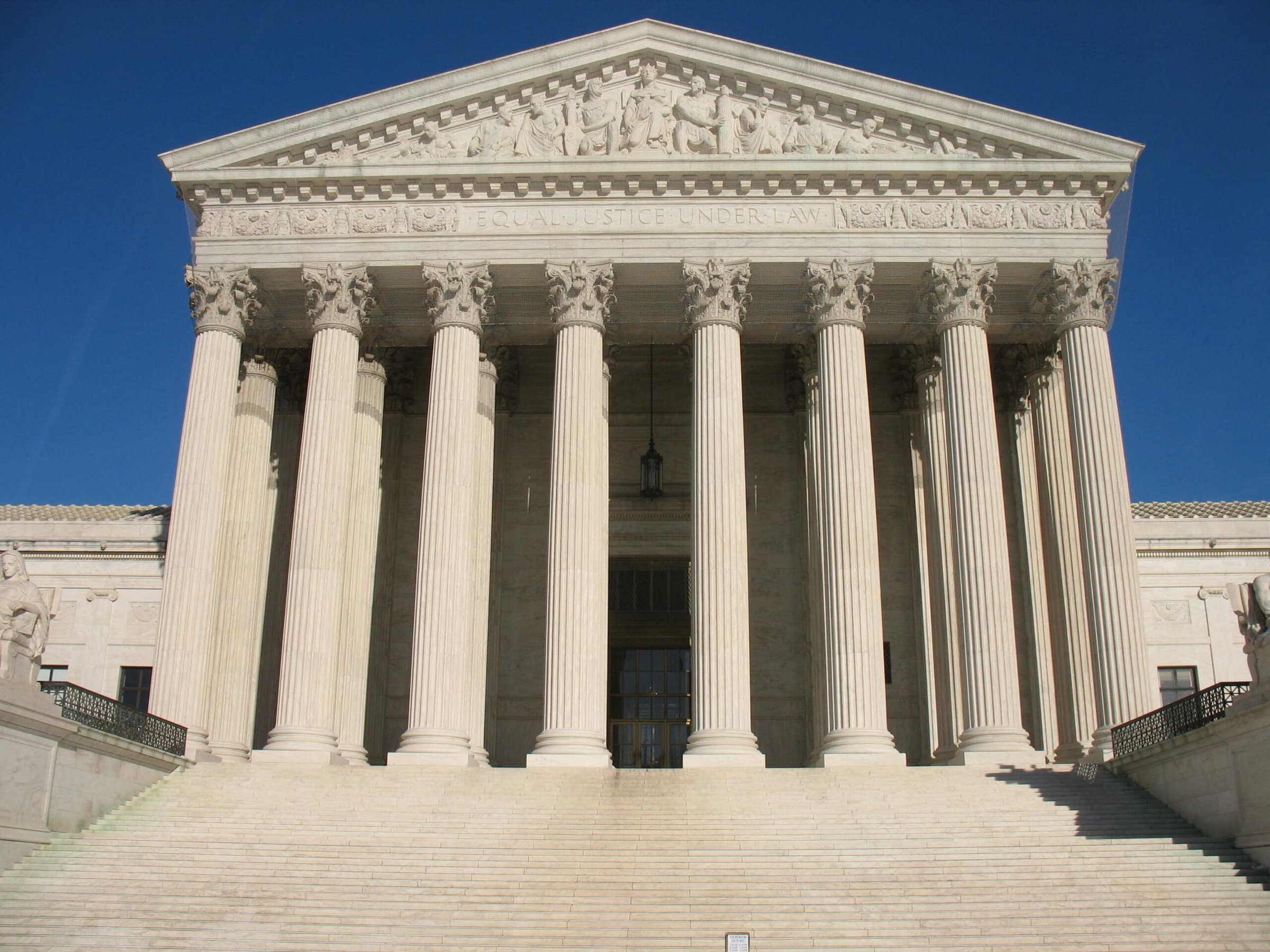Keep Exploring
Related Posts
Housing Subcommittee Members Include Champions of Manufactured Housing
The House Financial Services Committee (HFSC) announced the Subcommittee Vice Chairs and assignments for the 119th Congress. Leadership and membership of the subcommittee on housing and insurance, a key subcommittee for manufactured housing, includes several members who support the manufactured housing industry.
White House Proposes 5% Cap on Rent Increases
On Tuesday, President Biden proposed a five percent cap on rent increases as a part of his efforts to lower housing costs. The proposal, which would require Congressional approval, would deny the ability of landlords to utilize depreciation tax benefits if they increase rents by more than 5%.




